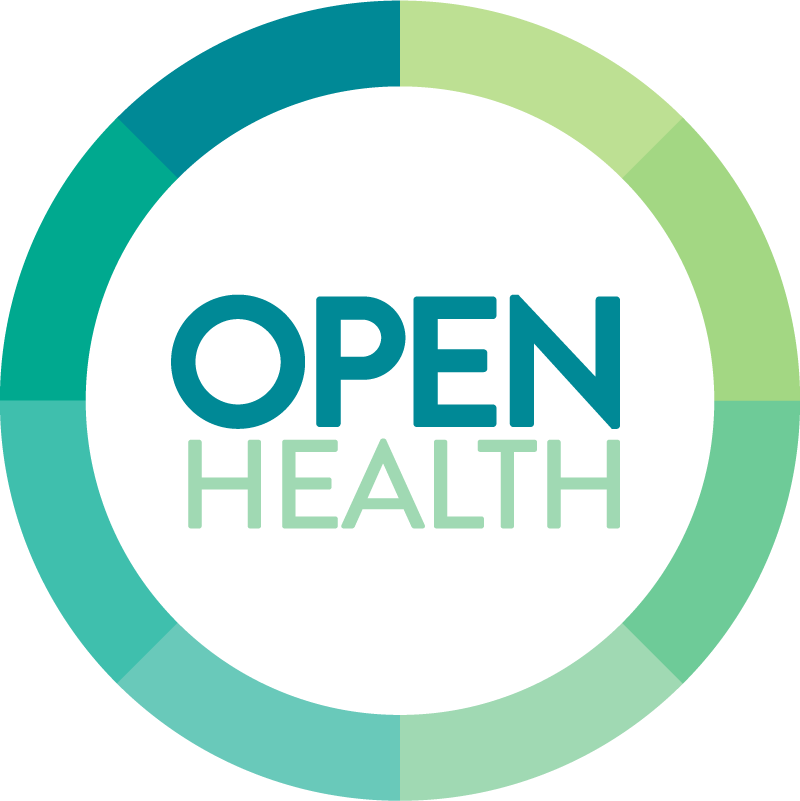Grief during the Holidays
Grief is the response to loss, particularly to the loss of someone or some living thing that has died, to which a bond or affection was formed. Although conventionally focused on the emotional response to loss, grief also has physical, cognitive, behavioral, social, cultural, spiritual, and philosophical dimensions.
More stressful, grieving the loss of a loved one while coping with the fear and anxiety related to the COVID-19 pandemic can be especially overwhelming. Social distancing, “stay-at home-orders,” and limits on the size of in-person gatherings have changed the way friends and family can gather and grieve, including holding traditional funeral services, regardless of whether the person’s death was due to COVID-19.
After losing someone or something we loved well, we find ourselves in the strange and unsettling world of grief. We wonder who we are now and how we go on with our lives.
As well, a person may feel grief due to loss of a job; inability to connect in-person with friends, family, or religious organizations; missing special events and milestones (such as graduations, weddings, vacations); and experiencing drastic changes to daily routines and ways of life that bring comfort. You may also feel a sense of guilt for grieving over losses that seem less important than loss of life. Grief is a universal emotion; there is no right or wrong way to experience it, and all losses are significant.
Rather self and/or helping others, coping with grief isn't so difficult as it may seem. Below are coping strategies to help with emotions and feelings of grief:
Acknowledge your losses and your feelings of grief.
Find ways to express your grief. Some people express grief and find comfort through art, gardening, writing, talking to friends or family, cooking, music, gardening, or other creative practices.
Consider developing new rituals in your daily routine to stay connected with your loved ones to replace those rituals that have been lost.
People who live together may consider playing board games and exercising together outdoors.
People who live alone or are separated from their loved ones may consider interacting through phone calls and apps that allow for playing games together virtually.
If you are worried about future losses, try to stay in the present and focus on aspects of your life that you have control over right now.
Keeping in Mind….
Everyone grieves in a different way. Some people are numb and in shock. They can't cry for months, and then the floodgates open. Others cry constantly. Be prepared for numbness, or nonstop talking, or mood swings, tears, or anger. It's a roller coaster of emotions.
Remember, It’s Okay!
So, you may wonder, “How can I help someone that is Grieving?”
When giving emotional help to someone grieving, don't be afraid to tell the bereaved you are sorry and talk about the deceased. Anecdotes from friends about experiences they shared with the loved one can be a great comfort. So many people are afraid to even mention their names. Share the grief, talk, help, and share some tears. Don't worry if you don't know what to say, actions speak louder than words. To give support to someone grieving, you can do the following:
Send: cards, flowers, messages, cooked meals, cakes, food baskets. It helps to know that people are thinking of you and that the loved one was appreciated by others too.
Offer: to do shopping, give lifts, take your friend on outings, to do odd jobs around their home such as helping with the laundry or mowing the lawn.
Help: to pack up the deceased belongings if needed. Take them to the charity shop if your friend can't face it.
Encourage: your friend to go back to normal daily living activities, exercise, join groups, to keep active.
Suggest: a visit to the doctor or counselor if you suspect they are getting depressed.
Keep in Mind……
For those who are grieving, the holidays can be unfamiliar terrain. Whether you celebrate Thanksgiving, Christmas, Hanukkah or Kwanzaa, this time is filled with fond remembrances of loved ones who are on your mind yet absent from your traditions and rituals. Acknowledging the difficulties of holidays after loss does not make a potentially difficult time any easier but preparing for the holidays by tapping into helpful coping strategies may provide some much-needed help. Since I have been working in the counseling profession and working with persons that are grieving a loss of a person, or a loss that may occur which relates to life circumstances, I have come across the three Cs for Holiday Grief. It has even helped me with my own grieving process through the years.
Three Cs for Holiday Grief by Dr. Kenneth J. Doka
Grief Expert, Kenneth J. Doka, PhD, shares his three Cs to help through difficult times through the holidays.
CHOOSE
During the holidays, it’s easy to drift into activities that have the potential to increase your pain. You have choices. Decide what you want to be part of, who you want to be with, and what you want to do.
COMMUNICATE
Discussing your choices with others, especially those affected by them, is important. They have needs as well. Their ways of dealing with grief may be different.
COMPROMISE
Each person deals with loss in his or her own way and therefore has different needs. There is no right or wrong way to grieve. Leaving space for compromise is important.
Remember, “You Matter and It’s Okay.”










